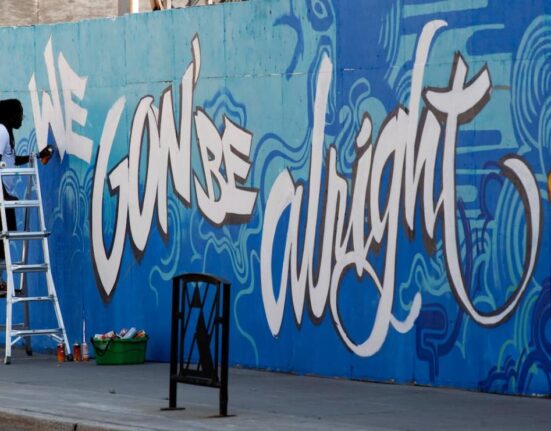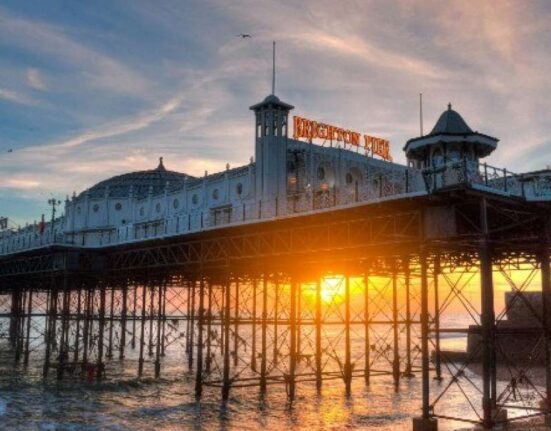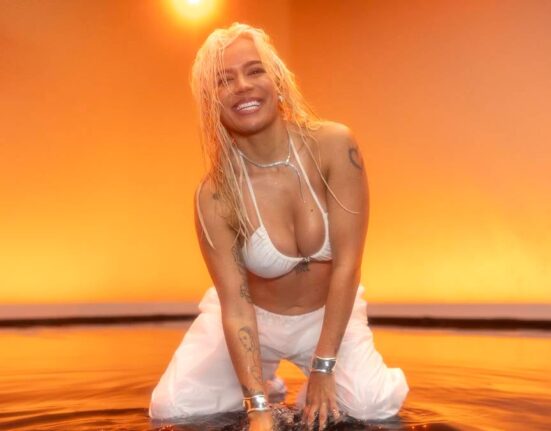When someone talks about why they do not like country music, their argument usually involves the idea that all country music sounds the same. While this is obviously not true, as every musical genre has variation; country music does tend to follow a pattern of white guys talking about trucks, beer, dirt roads etc.
However, in recent years, a surge of country and American artists have pushed back against that narrative. From queer to Black artists, from murder ballads to time-honored songs, the identity and sound of country music has been changing, though the radio may not reflect it.
Broadly, I am going to be discussing a sub-genre known as alt-country. I feel this term best encapsulates what will be talked about, as it draws influences from bluegrass, folk and more traditional country western. It is also distinctly more “underground” than mainstream country that would be heard on the radio.
Instead of pandering to executives at Nashville record labels trying to make a quick buck, artists like Colter Wall and Tyler Childers, more mainstream names in the broader country realm, grew up in rural areas and wrote country as it was originally meant to be — songs of the people. Instead of living in some mansion outside of Nashville or Los Angeles, Wall lives on a ranch in his home province of Saskatchewan, Canada, viewing music more as a hobby than a way to get rich and famous.
While much of alt-country is still white men, as is a trend in the music industry more broadly, they are not as significant of a majority as in mainstream country. Much of country music was built by Black musicians, yet it has left them behind. But with the growth of alt-country, Black artists have been able to make a name for themselves.
Take Aaron Vance, who draws from the country western of the 1970s, especially on his 2021 release “Cabin Fever” or Allison Russell, whose powerful voice was recently featured on one of Hozier’s newest songs, “Wildflowers and Barley.” Russell also falls into the category of an LGBTQIA+ country artist.
While names like Brandi Carlile and Orville Peck, who I would say both fall into the alt-country category, are both part of the LGBTQIA+ community, smaller-name queer artists are an ever-growing category. Paisley Fields plays off traditional country music conventions but with an explicitly queer twist, with songs like “Ride Me Cowboy” and “Other Boys.”
Lavender Country is argued to be the first openly gay band in the genre, formed in 1972. Their song “Back in the Closet Again” talks openly about the struggles of being gay in the 1960s.
Smaller bands experimenting with other genres such as folk and bluegrass are also paving the way. Pawns or Kings, a gothic country band from the Ozark mountains, gained fame on TikTok discussing the issues with the country music industry. Their cover of “Cotton Eyed Joe” performed in the style of a murder ballad also pushed them into the spotlight.
As country music becomes ever more polarizing, independent and alt-country artists are shaping the genre from the ground up. Instead of furthering massive record labels and Nashville executives, give a shot to some of the artists mentioned, or do your own deep dive into the wonderful world of alt-country.
Even if you are someone who says “I listen to everything except country,” you are bound to find a musician or group that piques your interest.
Ethan Herx is a freshman studying media arts production and photojournalism at Ohio University. Please note that the views and opinions of the columnists do not reflect those of The Post. Want to share your thoughts? Let Ethan know by emailing or tweeting them at eh481422@ohio.edu or @ethanherx.







